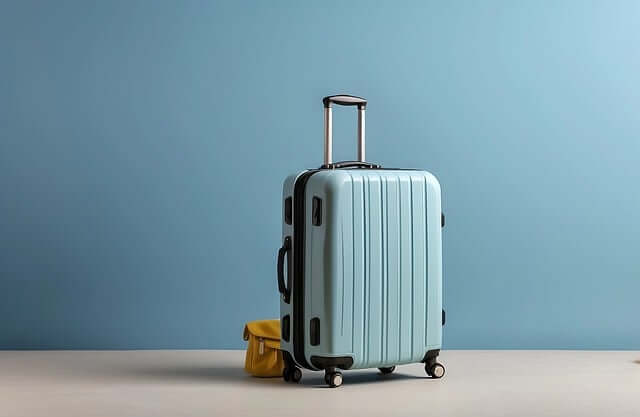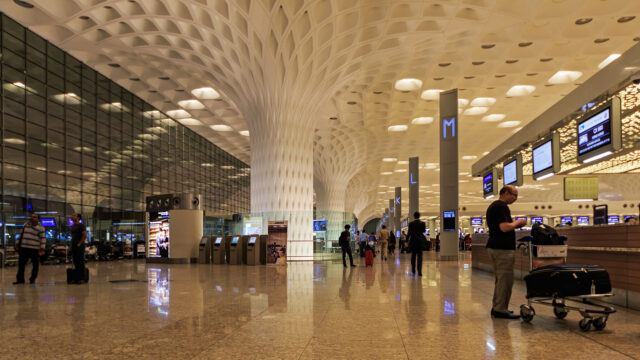The Indian government aims to establish the nation’s airports as major transit hubs in South Asia, with a pivotal strategy centered around the “confluence of flights.”
This concept allows passengers traveling internationally on connecting flights under a single ticket number (PNR) to complete customs and immigration checks at their initial departure point in India and their final destination upon arrival, regardless of any layovers.
Simplifying the Process
Currently, passengers traveling from Bengaluru to San Francisco with a layover in Delhi must undergo immigration checks in Delhi. Similarly, passengers flying from San Francisco to Bengaluru with a stopover in Delhi must complete customs and immigration there before checking in for the final leg to Bengaluru.
“This process consumes significant time, necessitating longer connection times and impacting operational efficiency,” explained an official. The government is exploring a proposal to streamline this process, allowing passengers to handle customs and immigration only at their origin or final destination.
This change would alleviate the burden on immigration staff at major airports like Delhi and Mumbai, which handle most international flights. “Increasing the number of immigration officials and counters at these airports is part of the plan, but spreading out the function will optimize resource use,” the official added.
Enhancing Airport Hubs
Airports used by one or more airlines as hubs concentrate passenger traffic, serving as transfer points that offer a wide range of routes through an extensive network of flights.
Last week, Civil Aviation Minister Jyotiraditya Scindia met with officials from the Bureau of Immigration to discuss potential rule changes, airport design improvements, and new technologies to expedite immigration and security checks for international travelers. The new council of ministers will be sworn in on Sunday.
India’s largest airlines, Air India and IndiGo, alongside major airports like Delhi and Mumbai, are advocating for simplified rules and processes to boost international flights.
Leveraging Technology and Data
Delhi Airport, the busiest in India, is using artificial intelligence to analyze passenger profiles and help manage the workload of immigration officials. Videh Kumar Jaipuriar, CEO of Delhi Airport, noted a surge in first-time visitors with e-visas. To streamline their entry, additional biometric machines supervised by immigration officials have been installed, reducing pressure on immigration agents. “During peak hours, the maximum immigration time is now only 15-20 minutes,” he stated at the CAPA India Aviation Summit in Delhi.
Expanding Fleet and Capacity
Air India has ordered 470 aircraft, including 70 long-range planes, while market leader IndiGo has ordered 30 long-range aircraft, indicating a strategic shift towards long-haul flights starting in 2027. Tata Group-backed Air India aims to double the share of international passengers transiting through Indian airports on its international flights.
“The proportion of international passengers transiting via India on Air India flights has grown from 0.5% to an average of 4% of our total international passenger traffic,” said Nipun Aggarwal, Chief Commercial and Transformation Officer at Air India. “We anticipate this to rise to 10% within 5-10 years.”
Future Prospects
To transform Delhi and Mumbai airports into global hubs, significant changes are necessary to enhance the passenger experience. Aggarwal highlighted the need for innovative solutions or incentives due to the heavy revenue share with the government, which limits available resources for investment.
By implementing these strategic initiatives, the Indian government seeks to elevate its airports to key transit hubs, enhancing connectivity and efficiency for international travelers.

























